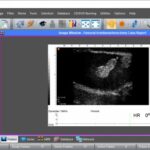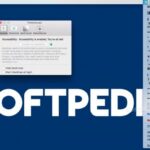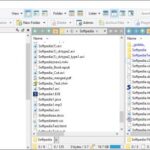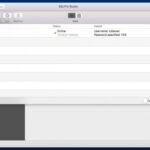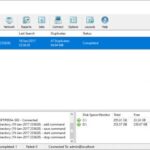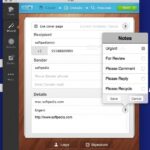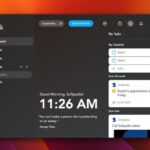The Emailchemy 14.6 software download. This software was created by Weird Kid Software LLC. With a file size of 77.3 MB, it offers a fast and seamless download experience. In every sector, developers of email clients strive to invent exclusive formats tailored for their applications, often causing issues when attempting to migrate or manage messages efficiently. Enter Emailchemy, a versatile tool designed to convert mailboxes from diverse applications into universally compatible formats that any mail client can seamlessly handle. Despite its slightly outdated appearance, the user-friendly wizard-based interface simplifies the conversion process significantly.
Whether you rely on Apple Mail, Thunderbird, Outlook, or any other prevalent mail client, Emailchemy adeptly reads and transforms messages into various formats. The initial step involves selecting the source, with the option for automatic email data detection or manual location selection. Subsequently, users can pick specific profiles for conversion, apply filters if needed, and specify the desired output format—ranging from PST and EML to MBOX and Thunderbird folders.
Given that your inbox likely harbors an abundance of unnecessary content such as duplicates, outdated emails, or items tucked away in obscure folders, Emailchemy offers practical solutions. Users can effortlessly eliminate duplicate messages and configure personalized filters based on criteria like date ranges, folder names, senders, recipients, or subjects.
Although Emailchemy’s interface hints at its Java-based origins rather than a sleek modern design aesthetic, it excels at delivering efficient performance. The intuitive wizard mode streamlines navigation for newcomers seeking seamless operation. This tool proves invaluable for handling bulk email conversions across multiple purposes and shines particularly bright in converting legacy inbox formats while facilitating precise message exclusion through advanced filtering capabilities. For additional details, check the official developer site at developer homepage.
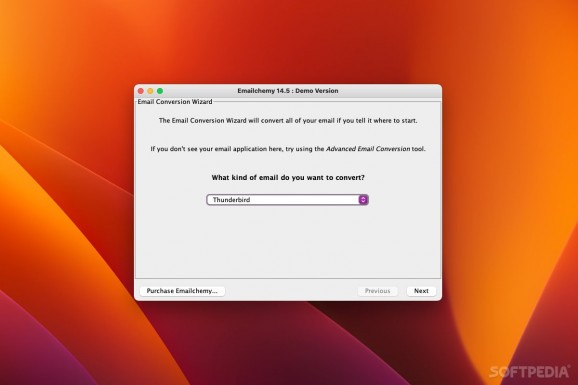 .
.
How to Install Emailchemy Crack
1. Download the required program file.
2. Use WinRAR to extract the file contents.
3. Locate the setup file in the extracted folder and double-click to run.
4. Follow the on-screen instructions to complete the installation.
5. If a crack or patch is included, paste it into the installation folder.
6. Open the program to ensure it is fully activated.
Emailchemy License Keys
• Q0EOD7-4S6MZB-Y2OM6U-R5FHIA
• 8NKQ8Q-0QAI94-08VQZ0-YYX3RL
• 2AZPXC-6IBN30-UIC65R-EORRS2
• J6C7P6-PMWYFN-C4HI10-V9Z32H
How to Register Software Emailchemy without a Serial Key?
If you’ve lost your serial key or the software you’re using requires registration but you don’t have a key, there are ways to continue using the software. However, be aware that some methods can be risky or unethical.
One of the most commonly used methods is cracking the software. This involves downloading a crack or patch that bypasses the registration process. While this might seem like an easy fix, it’s important to understand that using cracked software is illegal and can expose your system to malware or other security vulnerabilities.
A safer alternative is to search for legitimate giveaways or promotions. Developers occasionally release full versions of their software for free as part of a promotional event. Following the software’s official website or social media accounts can help you stay informed about these opportunities.
Another option is to look for discount offers or deals where the software is available at a reduced price without needing a serial key. Sites like Humble Bundle or software deal websites frequently offer packages at low prices, sometimes even without requiring registration.
Finally, free software alternatives, particularly open-source programs, can provide similar functionalities to paid versions without the hassle of registration or activation. Exploring these alternatives might save you time and ensure you’re using legitimate, secure software.
Compatible Versions
This software can be used on the following platforms: macOS, 10.13 or later (Intel only).

